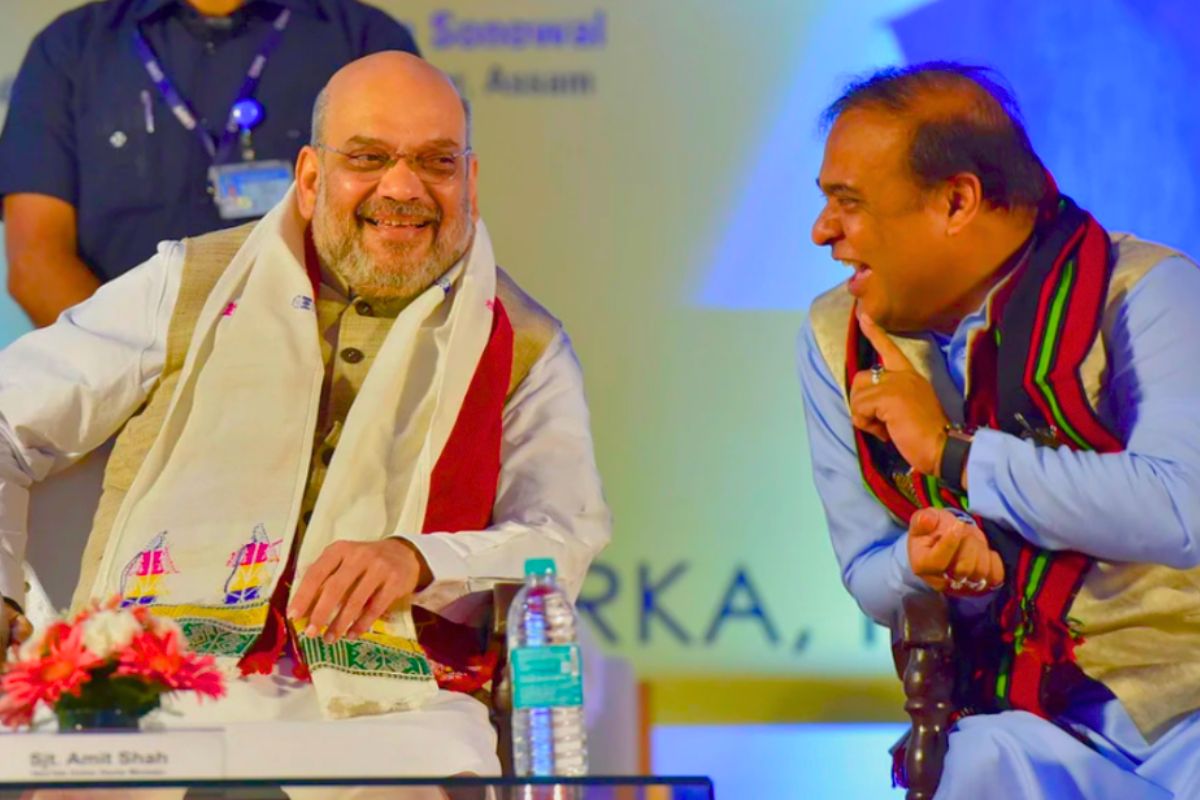GUWAHATI: In a significant development, the Central government is on the verge of signing a historic peace agreement with the pro-talks faction of the United Liberation Front of Asom (ULFA). The tripartite accord, scheduled for December 29, is set to involve the pro-talks faction of ULFA, the Centre, and the Assam government. The primary goal is to establish lasting peace in the northeastern state.
The momentous peace pact, slated to be signed in the presence of Home Minister Amit Shah and Assam Chief Minister Himanta Biswa Sarma, is expected to take place around 5 pm on December 29.
To gain insights into the ground reality, The New Indian spoke to various stakeholders in Assam. Earlier, Anup Chetia had told TNI, “Our discussions are progressing positively, and we anticipate the signing of the agreement before the 2024 Lok Sabha Elections. We initiated our movement back in 1979, and due to the prevailing normalcy, we have taken this step forward.”
Assam’s Director General of Police (DGP), G. P. Singh, had earlier reiterated the youth to actively engage in Assam’s development journey. He added that financial assistance was also being provided to the former secessionists.
“Financial assistance is one facet of this, and the fact that Assam is experiencing significant development serves as a driving force for people to reintegrate soon,” added Singh.When did the peace talks begin?
In April 2010, an umbrella group of Assam’s civil society organisations that called itself Sanmilita Jatiya Abhivartan (SJA) held its first convention in the Machkhowa area of Guwahati to facilitate talks between the outfit and the Centre to resolve the conflict. The SJA put together a charter of demands for the ULFA to take up with the Centre.
The Rajkhowa-led ULFA faction had begun unconditional talks with the central government in 2011, despite strong opposition from the hardline wing led by Paresh Baruah, who is believed to be along the China-Myanmar border. Paresh Barua has expressed his decision to stay away from it and thereafter formed ULFA (Independent).
What is ULFA and why was it formed?
The ULFA was formed on April 7, 1979, to seek the “restoration of Assam’s sovereignty”, a topic that now remains only on the agenda of the Paresh Baruah-led ULFA(I).
The outfit has been involved in subversive activities that led to the central government declaring it a banned outfit in 1990.
Beginning in 1990, the government attempted to wean away members of the ULFA. This happened after the death of ULFA’s deputy commander-in-chief Heerak Jyoti Mahanta on December 31, 1991.








